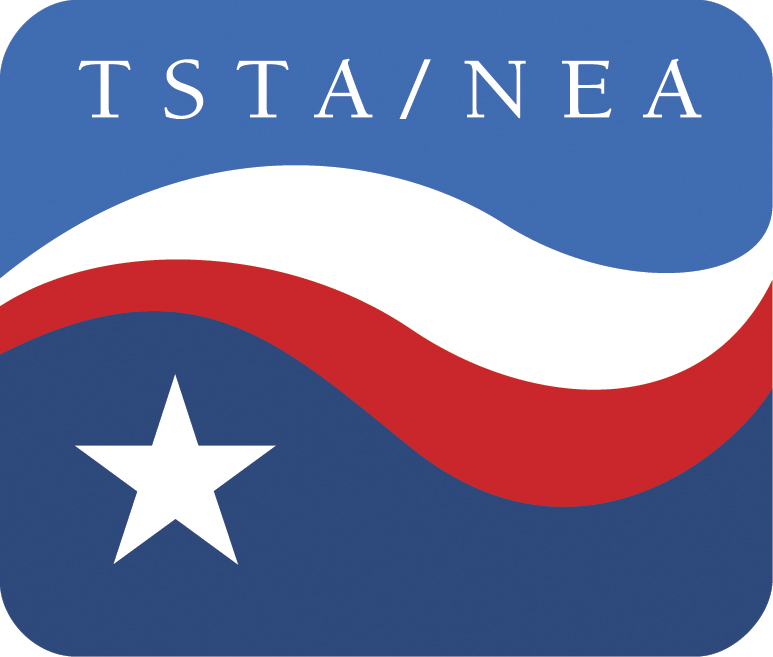Beware of gamblers bearing promises
Every time the Legislature convenes with a huge budgetary shortfall, as it will in January, you can bet that the progambling folks will be out in force, promising to put the state on easy street if lawmakers vote to expand gambling. Once again, efforts will be made to legalize fullblown casinos or, at least, video slot machines for racetracks. House Democratic Caucus Chairman Jim Dunnam of Waco already is proposing a bipartisan study of the issue.
But you also can bet that expanded gambling will continue to be a hard sell, mainly because of the twothirds vote requirement in the House and the Senate to put the necessary constitutional amendment on the ballot. That’s a high hurdle in the face of opposition not only from antigambling groups but also from the owners of casinos in neighboring states who want Texans to keep driving over to bet – and lose – in their establishments, not at home.
Even though Republican House Speaker Joe Straus owns part of a racetrack, most Republican lawmakers historically have opposed more gambling. And, Republicans will continue to control the Senate and may very well still control the House in January. And even if legislators vote to put a gambling amendment on the ballot, its impact on the upcoming budget would be zero to minimal because of the time necessary to win voter approval and get the new casinos, etc. up and running.
In the notsodistant future, though, the public schools and school teachers could be big beneficiaries of new gamblinggenerated revenue, or so the gambling advocates will tell us. ThenGov. Ann Richards used that promise – the state’s lottery proceeds will be dedicated to education to help convince the Legislature and the voters to create the Texas Lottery in 1991.
It was one of the most successful political deceptions in modern Texas history. Texans automatically began to associate the lottery with education, believing that every time they purchased a lottery ticket they were sponsoring another kid’s journey to graduation.
The only problem was, it wasn’t true. It wasn’t until 1997 that the Legislature finally got around to actually dedicating lottery revenue to education. Previously, it had gone into the state’s general revenue fund to be divided up among dozens of programs.
Today, the lottery generates about $1 billion a year for the public schools. That’s a lot of money, but the total state appropriation for public education this year is $23.5 billion.
Teachers may want to listen to what the gamblers have to say, but be wary of pieinthesky promises. Fool us once, shame on you. But you better not even think about fooling us twice.

0 Comments